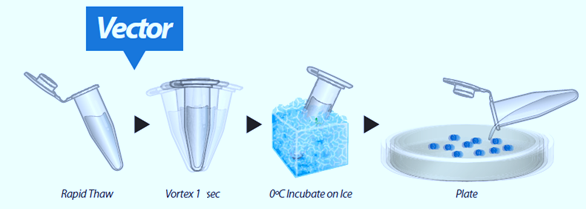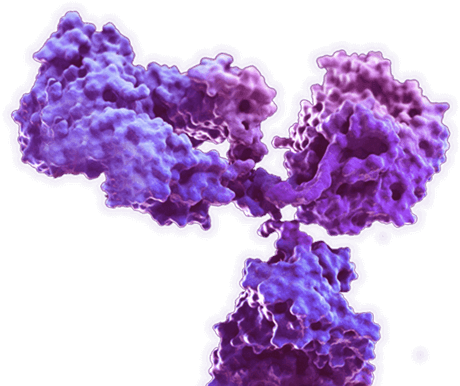Overview
With the increasing popularity of molecular biology, gene manipulation has become an important routine technology. In vitro-ligated DNA recombinants can be replicated, proliferated, and expressed in appropriate recipient cells, thereby obtaining a large number of recombinant genes. Competent cells are types of microbial cells, which can easily take in exogenous DNA through transformation. These cells can increase the cell permeability so that some holes appear on the surface of the cell membrane, which facilitates the entry of exogenous genes or vectors into the competent cells. Such holes are repaired by the cell itself due to the fluidity of the cell membrane. Creative Biolabs saves cost and time by making our own competent cells and simplifying the transformation step using a special reagent.
Philosophy of Competent Cells
- These cells are permeable to DNA in the laboratory. Competent cells can be artificially prepared by two normal means: calcium chloride and electroporation.
 Figure 1. Transformation with competent cells (Creative Biolabs).
Figure 1. Transformation with competent cells (Creative Biolabs).
- The competence of cells generally occurs in the logarithmic growth phase, and fresh and young cells are the key to the preparation of competent cells and successful transformation.
- Transferring the constructed vector into competent cells for expression can not only test whether the recombinant vector is successfully constructed, but also, the most important thing is that the competent cells can be used as the host of the recombinant vector for subsequent experiments, such as protein expression and purification.
Features at Creative Biolabs
- DH5α, the most commonly used competent cells in the laboratory, with high transformation efficiency, can be used for blue-white screening.
- XL2-Blue is suitable for the transformation of large plasmid DNA and recombinant products, reducing the preference for fragment size, and is mostly used for library construction.
- AGL1 is suitable for transgenic manipulation of rice, arabidopsis, poplar, and other plants.
We have competent cells suitable for various animals or plants, including Arabidopsis, tobacco, corn, potato, tomato, paclitaxel, Artemisia, and other plants, lentiviral vector system, yeast, and other microbial transformation. Creative Biolabs is a trusted supplier of standard, one shot for efficient transformation. We offer competent cells in a variety of packaging formats, including custom formats to suit your needs. Please feel free to contact us.

